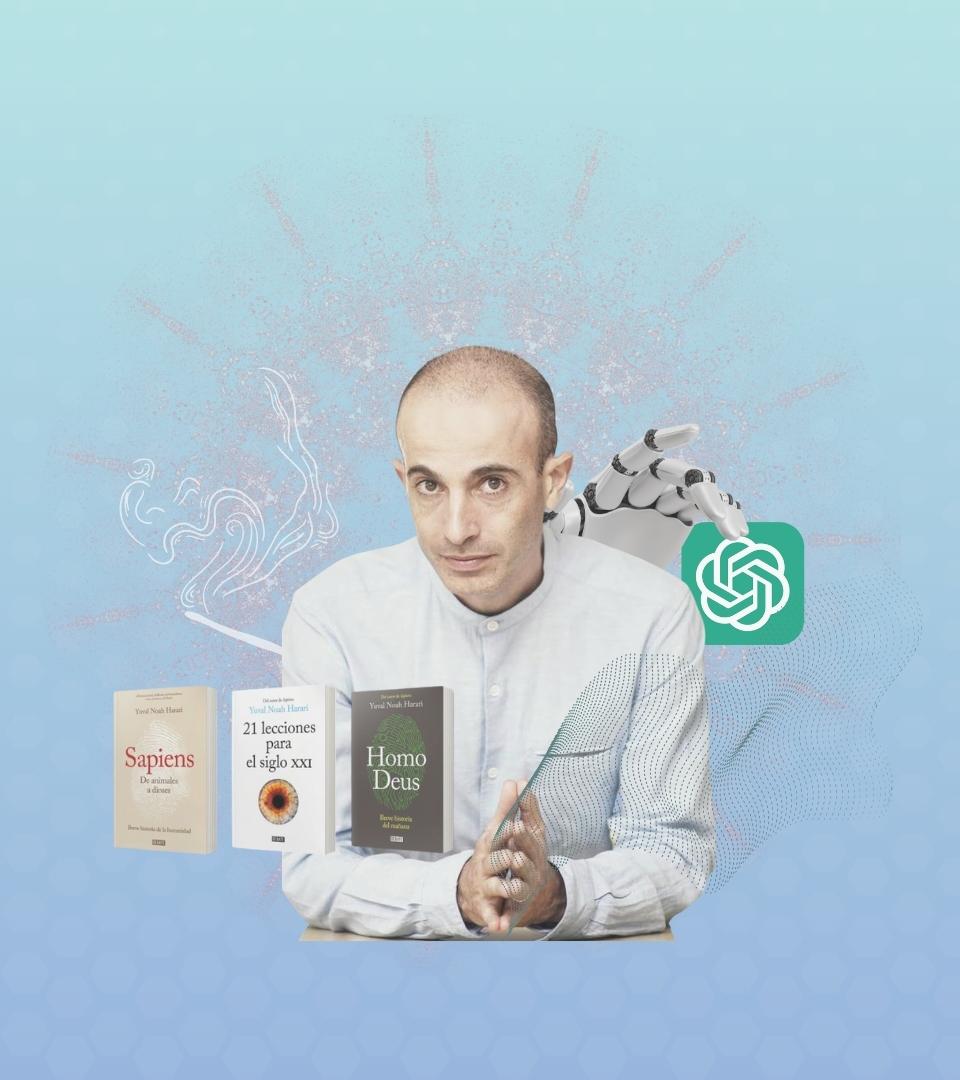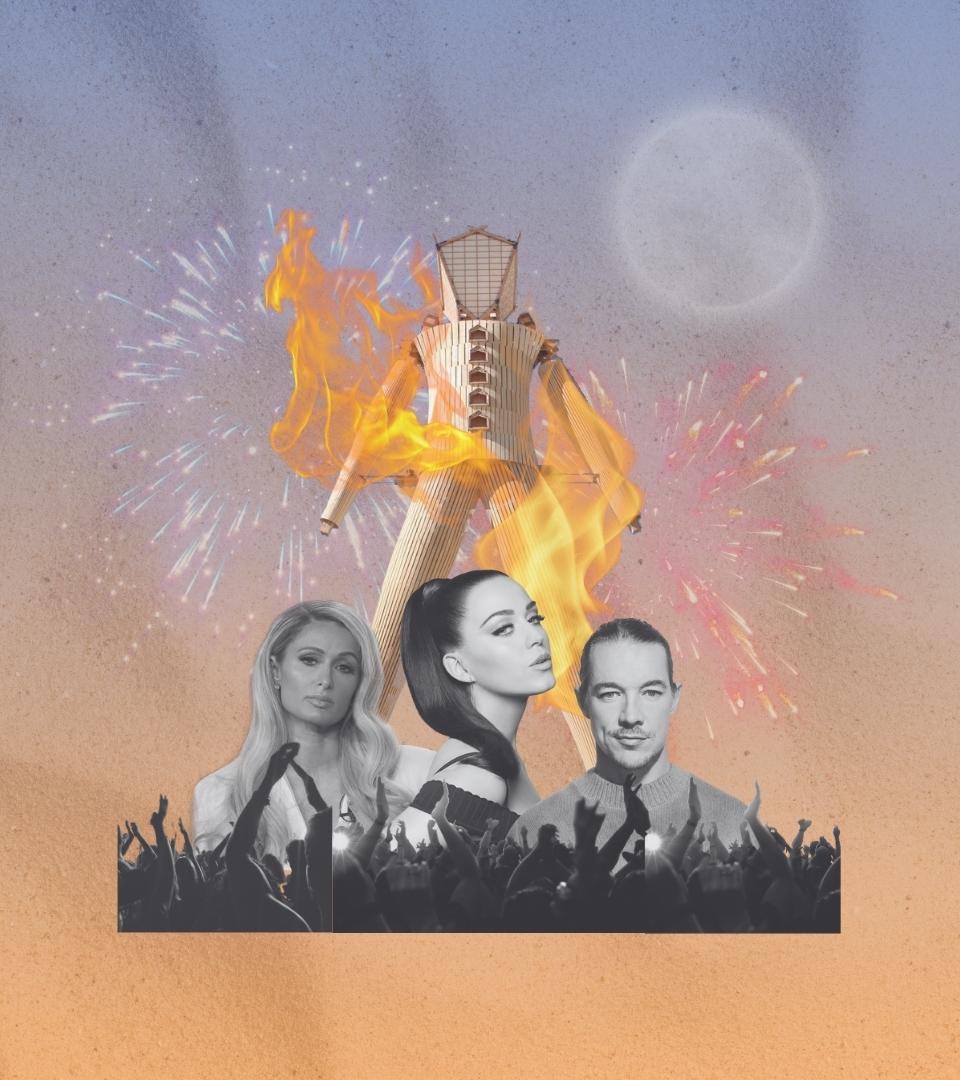The list is long and diverse, ranging from Latin pop stars like Bad Bunny and Karol G to globally prestigious institutions like UNICEF and CNN, as well as Real Madrid and the video game Call of Duty. They have quickly embraced this trend, with all of them launching their own broadcasting channels that daily attract thousands of new followers. It appears that anyone who wishes to be heard and seen by international audiences must be present on this newly inaugurated WhatsApp feature, where messages, emojis, photos, videos, and links are shared.
From its global launch in June of this year until September 13 when it was introduced in 150 countries, WhatsApp channels were only available in Singapore and Colombia. During this period, the company took the opportunity to make improvements and implement new updates.
Despite the buzz, some experts have questioned the novelty of this feature, as Telegram has offered similar channels for years. Just as on that platform, WhatsApp has taken maximum care of privacy by encrypting messages and automatically deleting them after 30 days.
Furthermore, the phone numbers and profile pictures of the followers remain hidden, preventing unwanted advertising bombardment. Even the content can be viewed without the need to follow the channel.
José Miguel Arancibia, Managing Partner of the Digital area at Azerta, states that “WhatsApp channels are revolutionizing brand communication by offering direct and personalized contact with the public, as long as these two conditions are considered in their implementation. Unlike other channels, these channels provide a sense of exclusivity, allowing content to reach the audience almost immediately and without distractions. It’s like having a direct line to your favorite brand or public figure in your pocket.”
Its rapid popularity has been aided by the simplicity of subscribing: you only need to search for them in the “Status” tab of WhatsApp and then click on the provided links
Another point of contention is that followers cannot reply to the messages from the channel creator, although they can react with emojis. According to some experts, this limitation could deter people accustomed to expressing their opinions without filters, which is one of the main attractions of online communication. Arancibia counters this criticism: “While we live in an era where interaction is crucial, we should not underestimate the power of clear and direct communication. WhatsApp channels, being unidirectional, may seem limiting, but their strength lies in conveying pure messages, without noise, acting as a complement to other social networks that allow bidirectional interaction.”
Who to Follow
Global star Bad Bunny is one of the pioneers in using this tool. Since launching his channel, the Puerto Rican singer has begun sharing unpublished photos, revealing what he eats, where he goes, and how he feels, all in a very colloquial language sprinkled with Puerto Rican slang. He even announced that he would premiere his next song on the platform. Today, he is followed by 10.8 million people, and his posts receive an average of 900,000 reactions.
Karol G, another Latin mega-celebrity with her own channel, affectionately refers to her loyal community as “los de siempre” and shares daily photos. Among English-speaking artists, the highly active DJ and composer David Guetta stands out.
Facebook creator Mark Zuckerberg also has his channel, where he discusses technology and announces WhatsApp’s news and updates, given that he owns the platform. Among Chilean figures, television host Nicolás Copano is one of those who communicate with their audience using this method.
Meanwhile, media outlets such as The New York Times, Time, The Wall Street Journal, and CNN use their channels to distribute current news and exclusive content. In Chile, TVN, La Tercera, ADN, and El Mostrador have also embraced this trend as part of their initiatives to connect with a younger and digital audience.
Soccer teams like Real Madrid, Barcelona, Manchester, and Liverpool utilize their channels to announce their lineups and share messages from their most popular players. And they have achieved significant success: Real Madrid boasts 12.9 million followers, while Barça has 9.7 million.
Institutions such as the World Health Organization (WHO) and the Chilean Ministry of Women, as well as brands like Mercedes-Benz and Burger King, have successfully embraced this trend. While the former promote public policies, the latter showcase their promotions and products.
Additionally, movies like The Hunger Games saga have incorporated a WhatsApp channel into their promotional strategy, and every update of the Call of Duty video game channel generates excitement among its nearly 2 million subscribers.
Just as WhatsApp has become an essential marketing tool for any mass campaign, experts predict that channels will gain prominence, potentially surpassing even more traditional social networks.
Mark Zuckerberg is one of the most optimistic and enthusiastic proponents. In his first message on this platform, he did not hide his excitement: “We will continue to add more updates and expand this feature based on the feedback we receive from users. In doing so, we aim to establish channels as the primary tool for connecting people with personalities and institutions from all corners of the world, regardless of their location or resources.”


